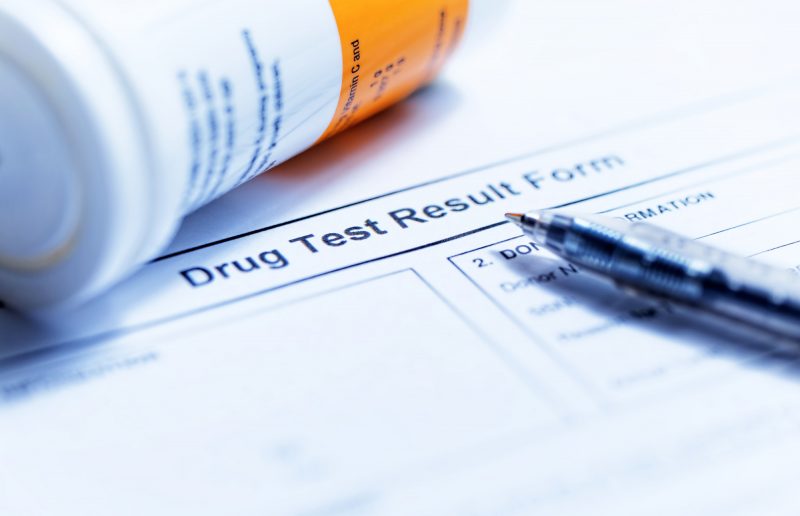Do you have questions about workplace drug testing? That’s good because we’ve got answers.
In fact, we’ve written you the complete guide on the topic. We’ll tell you exactly why and when workplace drug testing is conducted and what it entails. Even better, it only takes five minutes to read it all.
Whether you’re an employer or an employee, find the answers you’ve been looking for in this guide.
ADVERTISEMENT |
Why Is Workplace Drug Testing Conducted?
The why of workplace drug testing is heavily disputed. At the same time, the answer’s extremely obvious.
Being impaired at work is dangerous to your employer, your coworkers, customers—absolutely everyone in your vicinity. The cold hard fact is it’s just not safe.
Now, the biggest reason this fact is disputed is the employee’s confidence that they “can handle” their buzz, high, etc. That is, many believe that their substance use is competently regulated and, therefore, completely under their control.
The problem is, personal limits can’t be accurately calculated. And there’s no way to form policy based on something that can’t be calculated. Basically, companies can’t risk the safety of others simply because an employee says they’re “fine.”
ADVERTISEMENT |
The only way to keep drugs and alcohol from endangering employees is to prohibit them from the workplace altogether.
When Is Workplace Drug Testing Conducted?
This varies by state law and employer. But here are the most common times a company may require a drug test.
Pre-Employment
Many employers require drug tests prior to employment. This reduces the likelihood of hiring someone with a substance abuse problem. Therefore, it decreases the chance of an alcohol-or-drug-related incident.
Post-Incident
When a workplace accident or other mysterious incident does happen, an employer wants to find out why. Since drugs or alcohol are sometimes the cause, a drug test may be required for those involved.
Even if the test comes back negative, this information is essential for helping the employer avoid future incidents. For example, if drugs aren’t to blame, it means the error lies in policy or training. If the employer can rule out drugs as a cause, they’ll know they need to make some other change.
ADVERTISEMENT |
Reasonable Suspicion
Although, a really good employer doesn’t wait around for incidents to happen before they make a change. They are proactively looking for ways to make their workplace safer.
For this reason, they are completely justified in requiring workplace drug testing anytime they feel the slightest bit suspicious. A drug test is a small burden to impose if the employee is, in fact, sober.
On the other hand, the cost of repairing property damage and/or personal injury due to substance use in the workplace can be much greater. If there’s any suspicion at all, it’s to great a risk to simply “let it go.”
ADVERTISEMENT |
What Does Workplace Drug Testing Involve?
In the above situations, employees will most likely be sent out to a quick care clinic for a 10 panel drug screen. A 10 panel drug screen is a comprehensive test that looks for the 10 most commonly abused illegal/prescription drugs. These include opioids, amphetamines, cannabis, cocaine, benzodiazepines, barbiturates, phencyclidine, methadone, propoxyphene, and methaqualone.
It’s uncommon that the employer will only test the breath unless they have a breathalyzer and they want answers immediately. Typically, the lab will test the employee’s urine or, in some cases, blood.
Sober Equals Safe
Workplace drug testing is important for the safety of employees and customers alike. That being the case, employees: don’t resent workplace drug testing. And employers: don’t put people at risk by shrugging off your suspicions.
ADVERTISEMENT |
Lastly, readers: please spread the word by sharing this article on social media.






